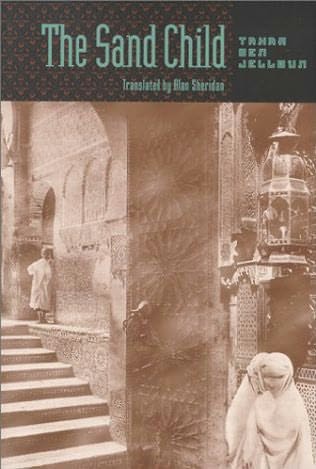DeRosnay,
Tatiana. Sarah’s Key. New York: St Martin’s Griffin, 2007.
294
pages.
Reviewed
by J. d’Artagnan Love
In
Sarah’s Key, Tatiana de Rosnay writes a fictional account of one of France’s
most horrific moments in history. In July of 1942, more 13,000 Jews were arrested
and taken to the Vélodrome d’Hiver, an indoor cycling arena. There they were
housed in very poor conditions with very little food, water or sanitary
facilities and then were shipped to concentration camps in Pithiviers and Beaue
de la Roande, among others. Families were split apart and most of the babies
and children were sent to camps separate from their families.
(The Velodrome d'Hiver. Image Source)
In
Sarah’s Key, readers follow the story of Sarah, a young Jewish girl whose
family was arrested in the Vel d’Hiv roundup. Rotating between 1940 and what I
presume to be the 2000s, Tatiana de Rosnay introduces readers to Julia
Jarmonde, a writer who is assigned the story of Vel d’Hiv at the magazine where
she works. At the same time, Julia and her husband are working to renovate an
apartment that has been in her husband’s family for a few generations. In doing
her research, Julia discovers that a young girl named Sarah once lived in the
apartment and the connection between Julia and Sarah’s stories becomes intricately bound.
There
is simplicity in de Rosnay’s writing style that has lead some critics to give
the book a fairly low rating. I don’t disagree with critics observations that
the writing is simplistic and the relationships (particularly between Julia and
her husband) are a bit forced. I gave this book five stars because Tatiana de
Rosnay took a bold chance in writing this story.
France
has a hard time with its World War II history. It is an incredibly touchy
subject. I learned in my time living there for a short while in 2005, that it
isn’t a subject you bring up without extreme caution and trepidation. As a
result, in my experience (and also according to other sources), the French
generally don’t talk about the Holocuast. It’s a very hush-hush subject. Tatiana de Rosnay
is a French citizen who dared to break the silence about the more painful
points of French history. Not only did she illustrate the horrors of Vel d’Hiv
but she criticized the French for the silence on all things related to the Holocaust.
This was brave. This is the kind of brave that leads writers to be forced to
flee the country and seek asylum elsewhere. That’s why I gave this book five
stars.
This
book is FOR: people interested in the Holocaust or French history.
This
book is NOT FOR: those who are sensitive to the subject of the Holocaust or who
are expecting complex or artistic writing.
5 darts
out of 5


